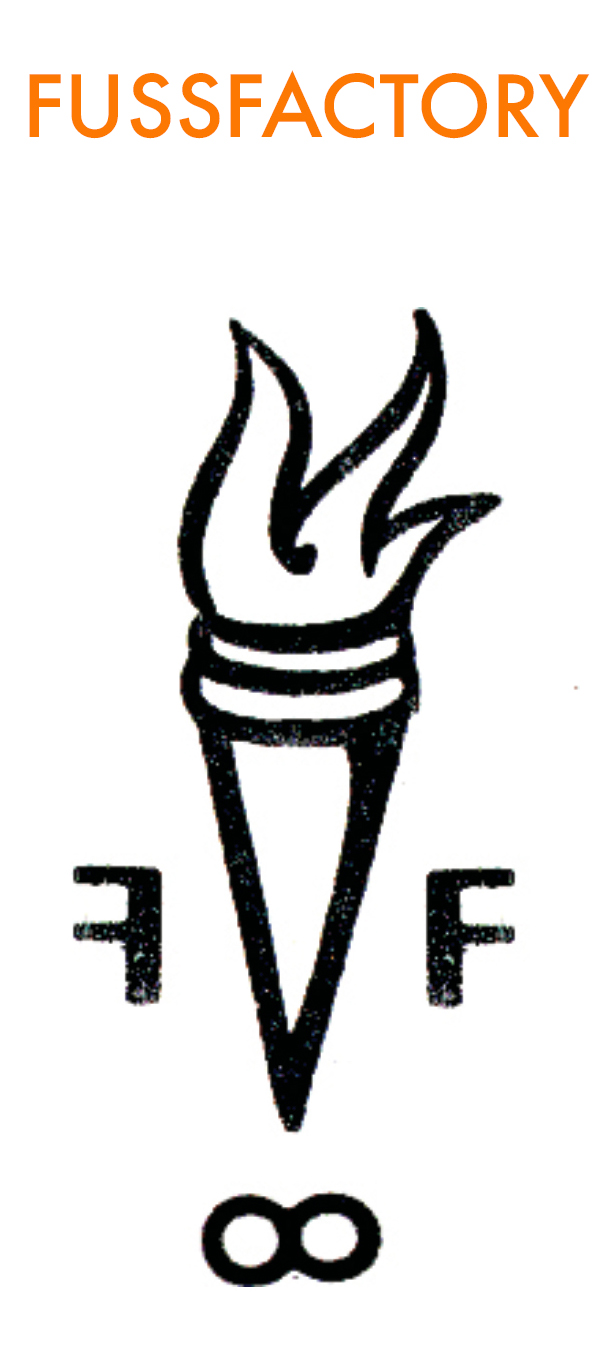#sparkchamber 050823 — Robyn Muncy
Always keeping an eye out for #sparkchamber alumni, we heard some wonderful news about the amazing Robyn Muncy. Historian, writer, teacher, curator, mother, and gardener, Robyn has been teaching and writing about twentieth-century U.S. history since receiving her Ph.D. from Northwestern University in 1987. Her two most important books explore women’s involvement in progressive reform movements: Creating a Female Dominion in American Reform, 1890-1935 [Oxford Univ. Press, 1991] and Relentless Reformer: Josephine Roche and Progressivism in Twentieth-Century America [Princeton Univ. Press, 2015].
Robyn has long been a professor of history at the University of Maryland, College Park, and has just been selected to receive the Graduate Faculty Mentor of the Year Award for 2023. She was nominated for this Award by Lauren Carter Cain and several other students. From the award letter: “Outstanding faculty mentors are a hallmark of excellent graduate education. The Graduate Faculty Mentor of the Year Award recognizes faculty members who have made exceptional contributions to a student’s [or students’] graduate experience. This Award serves the dual purposes of acknowledging outstanding mentoring provided by individual faculty, and of reminding the university community of the importance of mentoring to graduate studies.” The Award carries an honorarium and will be presented at the Graduate School’s Fellowship and Award Celebration tomorrow, Tuesday, May 9, 3:00 - 4:00, in the Stamp Student Union, the Atrium.
Congratulations Robyn! In honor of this award, we offer a special repost of Dr. Muncy’s thoughts on creative process, originally posted August 7, 2017
1.] Where do ideas come from?
Surprise. When a situation, fact, or argument surprises me, I want to know more, to get to the bottom of it. The hunt for an explanation of the unexpected is sometimes the beginning of an article, book, or new course. Conversation can also spark new ideas. When two perspectives rub against each other, the friction sometimes ignites fresh questions or insights.
2.] What is the itch you are scratching?
I am trying to understand American society and especially how progressive social change happens in this society. When I was in college, I thought the way to understand the world was through philosophy and theology because those disciplines explicitly took on the big issues: what is the meaning of life; why is there suffering? But later, I decided I wasn’t interested in abstract thinking about those questions. I wanted to understand, materially, how human beings had gotten to where we are now. How had we created this world of such intense beauty and joy and equally intense horror and misery? History seemed the most promising route to that understanding. As important, I wanted to know what kinds of strategies had been successful in pushing our world toward more democratic and egalitarian institutions and relationships. This is the itch I’ve been scratching since the 1970s.
3.] Early bird or night owl, tortoise or hare?
I am so boring: I am a middle-of-the-day person. I gain intellectual and creative traction through the early morning hours (as caffeine takes hold), hit a peak of concentration in mid-morning, hold it for several hours, and then decline during the late afternoon and early evening.
Tortoise, for sure. I write in order to learn, in order to figure out what I think. Unlike some scholars, I rarely know what I’m going to argue before I start writing. This means that I have to revise and revise and revise and that the original writing goes slowly. It also means that writing is an adventure: when I set out, I don’t know where I might wind up!
4.] How do you know when you are done?
I don’t know who said it first, but I agree that a manuscript (or work of art) is never finished, merely abandoned. Sometimes, you have to meet a deadline, and whatever you have at that point must be the finished product. Other times, you realize you are sick to death of a project and just have to move on. Still other times, you reach a point where you could certainly keep tinkering and improving a piece, but the main arguments are clear and you’ve provided the best evidence you have, so you know it’s time to send it out.
My dissertation adviser told me that everything you produce is just another draft — even if it’s the draft that finds its way into print. This helps me let go of pieces. I know I’ll never produce a work that cannot be improved. But when it’s good enough to make a contribution to knowledge and I’m tired of thinking about it, it’s time to let the piece go.


